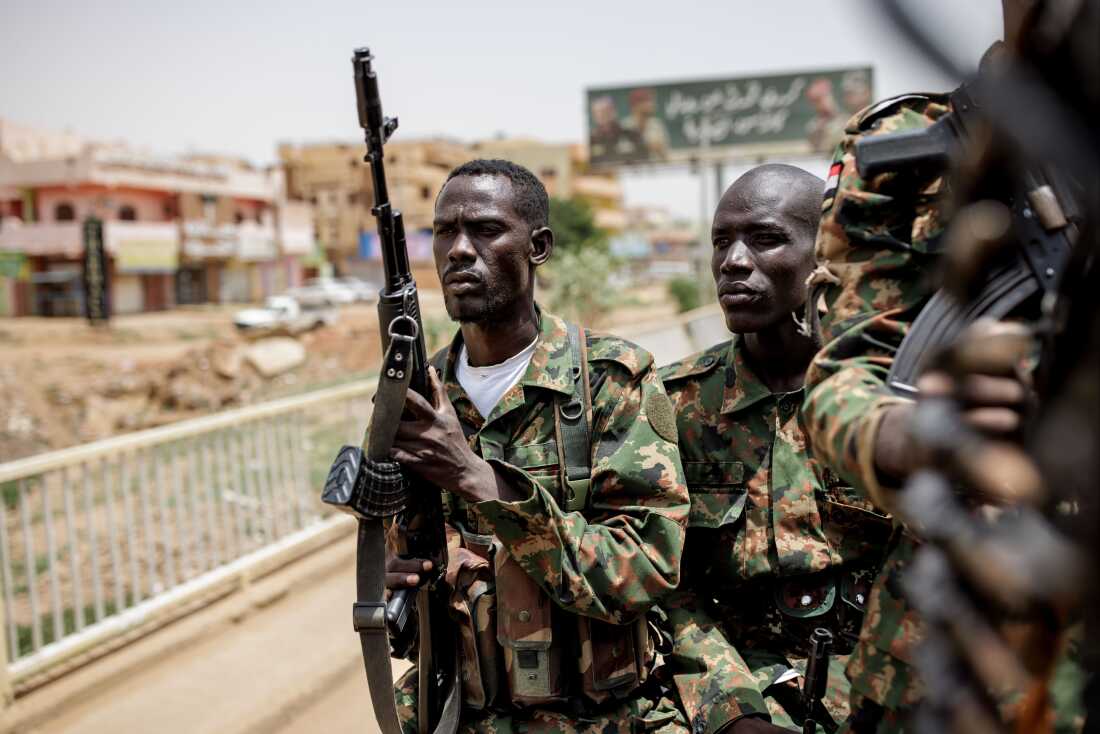The African Union has urged the United Nations to lift its arms embargo on South Sudan, warning that it now hinders the country’s fragile peace process, security reforms, and preparations for the 2026 elections.
AU Urges UN to Lift South Sudan Arms Embargo


The African Union Peace and Security Council (AU PSC) has called on the United Nations to lift its long-standing arms embargo on South Sudan, warning that the measure now risks undermining the fragile peace process in the country.
In a communique issued following its 12 June meeting, the AU PSC expressed deep concern that the embargo, initially imposed to curb escalating violence, has outlived its usefulness. The Council argued that it is now obstructing critical components of the 2018 peace agreement, particularly the unification of security forces and broader institutional reforms essential for long-term stability.
“The continued enforcement of the arms embargo is proving counterproductive. It is limiting the transitional government’s capacity to fully implement key security arrangements envisaged in the Revitalised Agreement on the Resolution of the Conflict in the Republic of South Sudan (R-ARCSS),” the AU PSC stated.
South Sudan’s unity government, formed under the 2018 peace deal, has struggled to integrate various armed groups into a cohesive national army. Observers say that delays in force unification, partly due to lack of arms and equipment, pose a significant risk to the country’s stability as it prepares for its first elections since independence, slated for December 2026.
The AU Council urged the international community, particularly the UN Security Council, to reassess the embargo in light of these developments. It encouraged stakeholders to shift focus towards supporting transitional justice, reconciliation mechanisms, and inclusive political dialogue.
“Punitive measures that were once justifiable in the context of widespread violence must now be reconsidered in favour of constructive support,” the statement read. “South Sudan requires assistance, not further isolation, if it is to move towards lasting peace and credible democratic governance.”
The AU also voiced strong condemnation of recent political crackdowns in the country. It demanded the immediate release of opposition figures detained in recent months and called on the transitional authorities to uphold civil liberties and respect the political rights of all citizens.
“Peace cannot be sustained through repression,” the Council warned. “A democratic transition depends on accountability, mutual trust, and the safeguarding of human rights.”
The arms embargo on South Sudan was first imposed by the UN Security Council in 2018, following years of brutal civil war that left hundreds of thousands dead and millions displaced. It has been renewed annually, with the most recent extension occurring earlier this year.
While some member states argue that the embargo remains a vital tool for deterring violence and illicit arms transfers, others—alongside regional bodies like the AU—believe it has become a barrier to progress.
South Sudan’s leaders have repeatedly called for the lifting of the sanctions, asserting that their removal would enable the successful implementation of the peace roadmap and facilitate preparations for the upcoming elections.
The AU PSC’s latest position adds to growing pressure on the UN to revisit its approach to South Sudan’s post-conflict recovery. As the December 2026 election deadline approaches, the world will be watching closely to see whether words of support from the international community will be matched with concrete actions.

 বাংলা
বাংলা  Spanish
Spanish  Arabic
Arabic  French
French  Chinese
Chinese 
